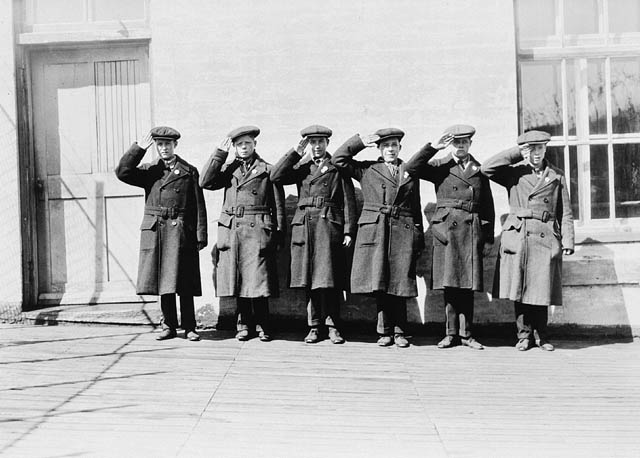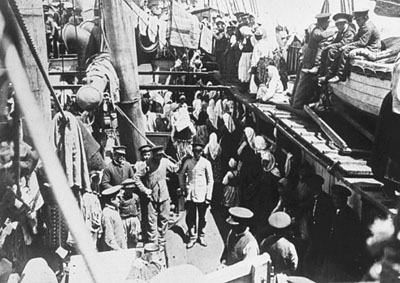Article
Lithuanian Canadians
Lithuania is a small country on the southeastern coast of the Baltic Sea. The first recorded Lithuanian immigrants to Canada were soldiers serving in the British army in the early 19th century. The 2016 census reported 59, 285 people of Lithuanian origin in Canada (11, 185 single and 48, 100 multiple responses).











